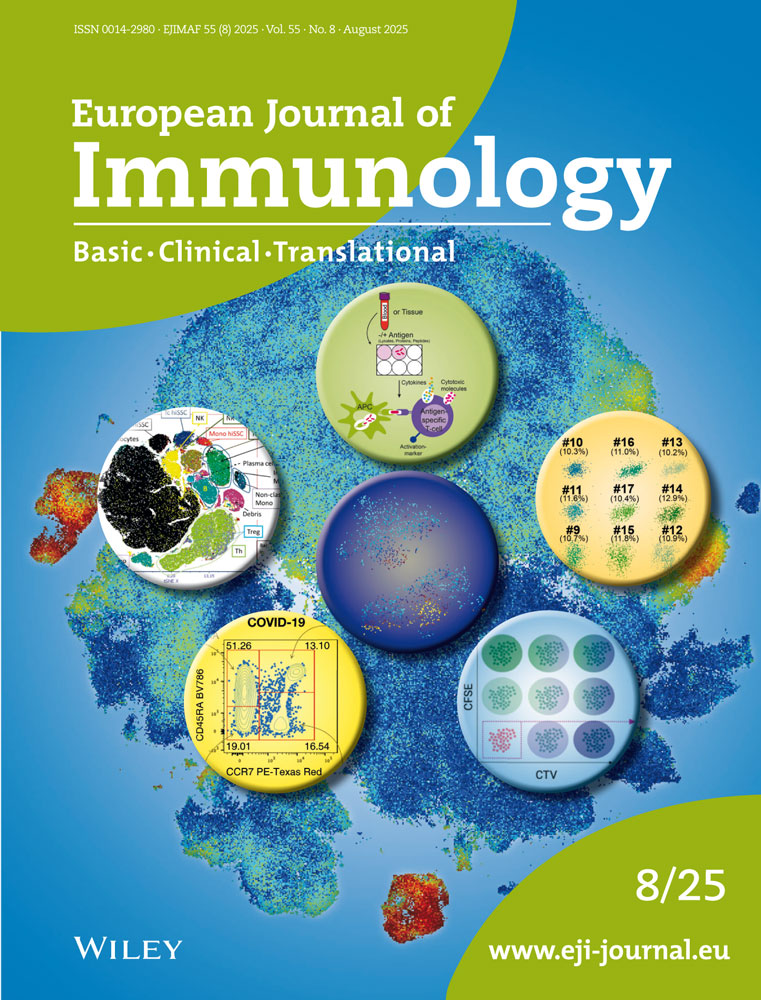Antigen receptor-induced B lymphocyte apoptosis mediated via a protease of the caspase family
Abstract
An extensive body of data, in a variety of systems, denoted the caspase family of proteases as a key player in the execution of programmed cell death. This family consists of cysteine proteases that cleave after asparagine-containing motifs. It is well established that the caspases are essential for the apoptosis mediated by Fas (CD95) and TNF receptor p55, molecules that contain the “death domain” in the cytoplasmic tail. However, little is known about the mechanisms underlying the antigen receptor-mediated cell death in B lymphocytes, a process instrumental in negative selection of potentially autoreactive B cells. Here, we investigated the involvement of caspases in cell death triggered via the antigen receptor in B lymphocytes (BCR) by using specific inhibitors. Initially, we used a well-established cell line, CH31, which is a model of B cell tolerance, to demonstrate that these proteases indeed participate in the BCR-induced apoptotic pathway. Next, we confirmed the physiological relevance of the caspase-mediated cell death pathway in splenic B cell populations isolated ex vivo that were induced to undergo apoptosis by extensive cross-linking of their BCR. Most interestingly, our data demonstrated that caspases regulate not only the nuclear DNA fragmentation, but also the surface membrane phosphatidylserine translocation as well as the degradation of a specific nuclear substrate. Taken together, this report supports the hypothesis that regulation of the caspase family is crucial in controlling the life/death decision in B lymphocytes mediated by the antigen receptor signal transduction.




